Just before Christmas I popped over to Washington DC to test the waters of the Trump administration. I spoke to key members of his transition teams; I hung out with thinktankers, journalists, scientists, conservative activists; I wangled an invitation to a top-secret lunch hosted by card-carrying members of the Vast Right-Wing Conspiracy; I drank cocktails, lots of cocktails, from the Four Seasons in Georgetown to the new Trump Hotel in the Old Post Office; I went to that Americans for Tax Reform meeting that Grover Norquist hosts every Tuesday. And I came back feeling very positive indeed.
Why? The fact that I even have to ask this question in a conservative publication speaks volumes about anti-Trump prejudice, even from many right-wing commentators who ought to know better. To read some of my fellow scribes — no, scrub that, most of them — you’d imagine that the world would be a better place if instead of the Donald, the raddled, slippery, mendacious, corrupt, politically correct and hypocritical Hillary were about to be inaugurated as US president.
But they’re wrong. Trump is going to be the best US president since Ronald Reagan and for at least one of the same reasons: he was never the GOP establishment’s preferred candidate, which means he has the attitude, the independence and the leeway to be much more radical — and effective — than any of his rivals would have dared to be.
Nowhere will this become more evident than in the fields of energy and climate change. It’s true that there were other climate–sceptical presidential candidates, Ted Cruz and Marco Rubio among them, but it’s unlikely that when push came to shove any Republican other than Trump would have had the will to take on the powerful and entrenched green establishment once in office.
Partly it’s down to temperament: Trump relishes confrontation and, unlike most conservative politicians, feels under no pressure to moderate his position on the environment lest he be perceived as nasty or uncaring. Partly it’s because as a property developer he has much personal experience of the way environmental red tape impedes business. Partly, as one admiring DC insider explained to me, it’s because he’s the first US president since Reagan who doesn’t identify with the ‘bicoastal urban elite’.
‘The Democrats have been waging a war on rural America for decades. And the Bushes didn’t do a damn thing to help them. Trump actually promised he would do something and rural America got that. These are his people and he gets their problem. If you dig up stuff, if you make stuff or you grow stuff, then Donald Trump has got your back.’
How does Trump mean to Make America Great Again? He spelled it out in May last year in a speech in North Dakota. As well as withdrawing from the Paris Climate Agreement, he would allow fracking on federal lands, ‘save’ the US coal industry, revoke environmental regulations like the ‘Waters of the US rule’ (a massive assault on property rights by the Environmental Protection Agency), revive the Keystone XL pipeline and put all future regulation to a simple test: ‘Is this good for the American worker?’ If it doesn’t pass this test, the rule will not be approved.
To sophisticated centrists this might come across as empty populist rhetoric; and to those on the green liberal-left as something worse: a scientifically illiterate, ideological recipe for unfettered capitalist greed and ecological disaster. In truth, though, it’s probably the most sensible, courageous and well-informed environmental policy plan articulated by any conservative leader anywhere in the world in decades. If that sounds like hyperbole, you can’t have understood the extent to which environmental policy has damaged the global economy in the past few decades. Obama famously boasted that electricity rates would ‘necessarily skyrocket’ under his rule. The very fact that he thought this a good thing shows just how out of touch the world’s governing elites had grown. Why would any sane person — unless presented with an overwhelmingly compelling reason — think it desirable to have their cost of living ramped up by government fiat?
To the ‘bicoastal urban elite’ the answer might have been a no-brainer: duh, climate change. But middle America doesn’t believe in that (not the man-made variety at any rate) and it’s likely to believe in it even less once Trump has had his wicked way with the various US government-affiliated institutions which have done so much to prop up the global warming scare story.
Take Nasa and the National Oceanic and Atmospheric Administration: both have been caught red-handed doctoring raw data to make 20th-century global warming look more dramatic, for reasons which probably have more to do with ideology than science. Trump simply won’t tolerate this. Nasa will likely be returned to its day job of exploring space, while NOAA and its climate data will be put in the hands of a sceptical scientist: someone, perhaps, like John Christy of the University of Alabama, Huntsville, who has long infuriated warmists by noting that the satellite records show much less warming than the (-rather patchy) surface temperature records do.
Until now, green propagandists have been able to point to their tame scientists at Nasa, NOAA, the Environmental Protection Agency, the Office of Science and Technology and so on, and say: ‘Look. All the experts agree…’ With this option off the table the repercussions will be enormous. I’d go so far as to say it’s the beginning of the end of the Green Blob.
Yes, I appreciate some of your squeamishness about Trump, and if you’re on the greenie liberal left or part of the smug elite whose nose was put out so badly by Brexit, then you’ve good reason to be terrified. Not otherwise, though. He’s going to be great.
Got something to add? Join the discussion and comment below.
Get 10 issues for just $10
Subscribe to The Spectator Australia today for the next 10 magazine issues, plus full online access, for just $10.
You might disagree with half of it, but you’ll enjoy reading all of it. Try your first month for free, then just $2 a week for the remainder of your first year.


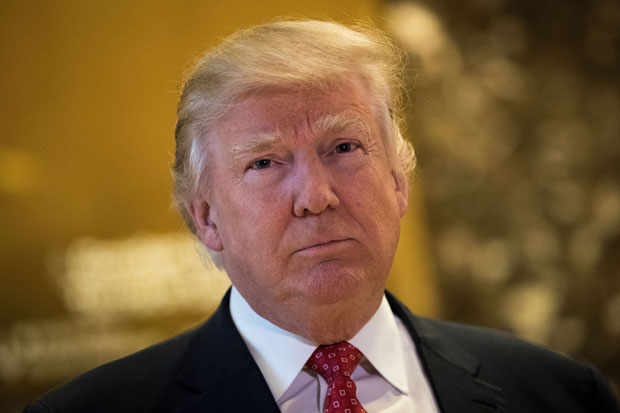
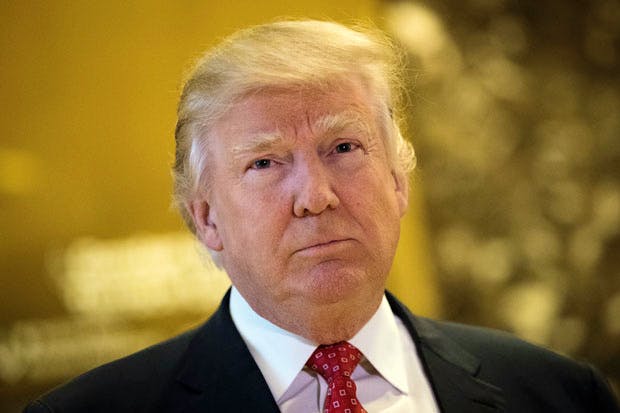
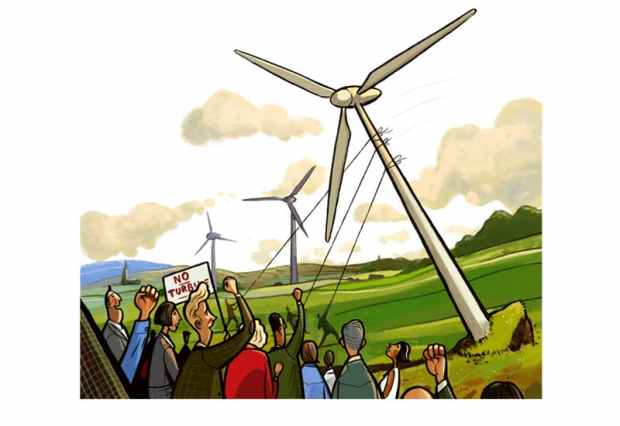

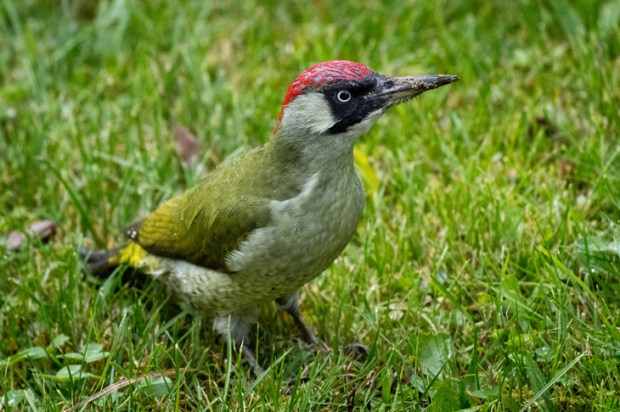
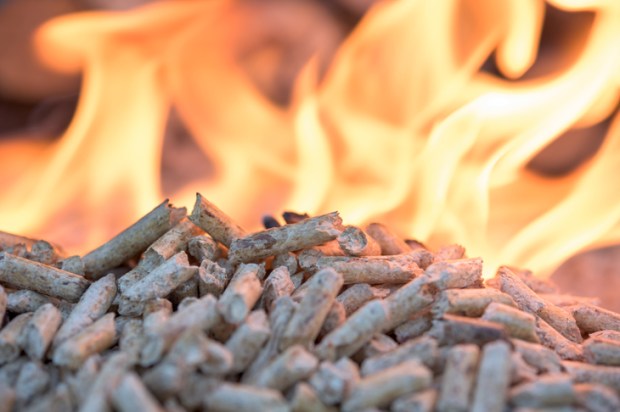
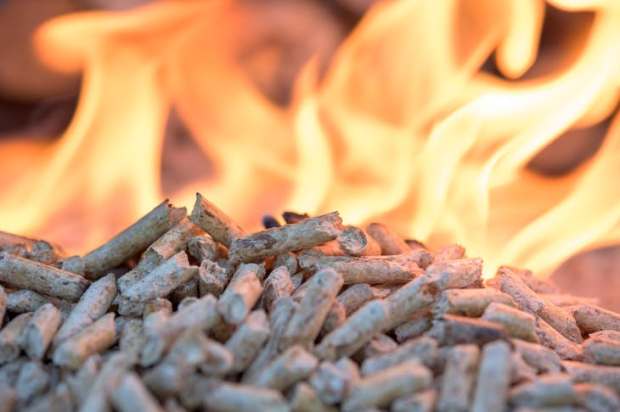






Comments
Don't miss out
Join the conversation with other Spectator Australia readers. Subscribe to leave a comment.
SUBSCRIBEAlready a subscriber? Log in